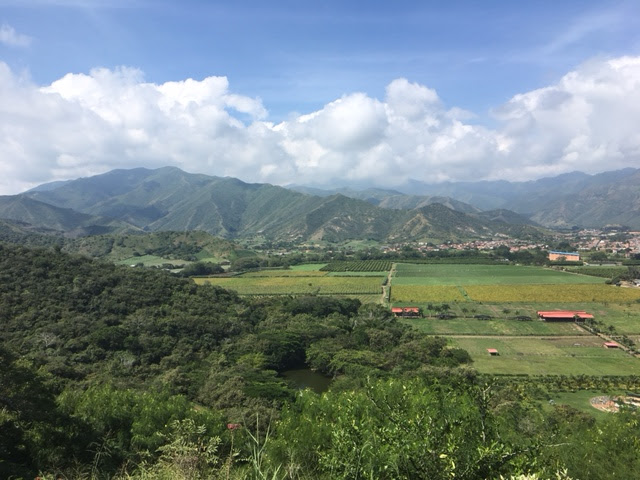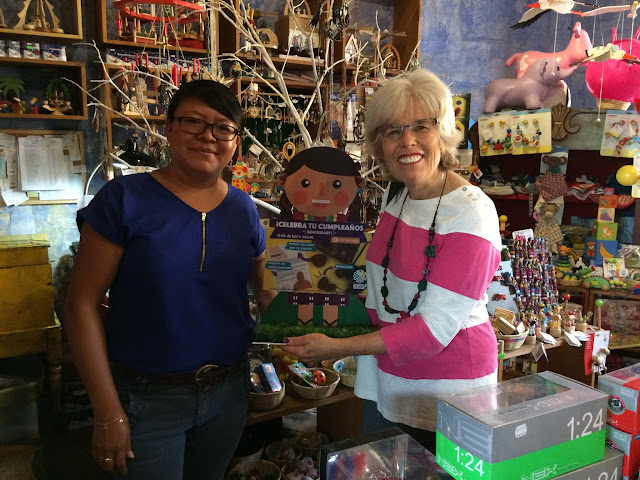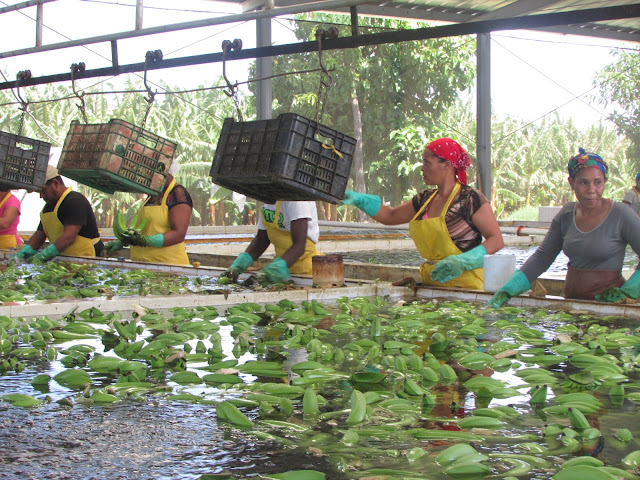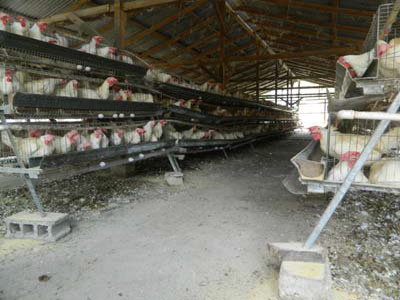Volunteer Highlight: Myriam Kaplan-Pasternak
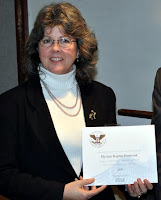
Myriam Kaplan-Pasternak is a veterinarian, farmer, agricultural development practitioner and now CEO of Haiti Coffee. Since 1971, Myriam and her husband Mark have owned and managed Devil's Gulch Ranch in Nicasio, California, a diversified family farm that supplies high-end restaurants and wineries as well as educates children about nutrition and food production. Her experience in international development began in Niger, where she was a Peace Corps Volunteer from 1983-85 focusing on nutrition. Since 2007, Myriam has been working with Makouti Agro-Enterprise as a Partners of the Americas’ Farmer-to-Farmer volunteer. Throughout her 16 F2F assignments in Haiti, Dr. Kaplan-Pasternak has used her technical expertise to support the needs of impoverished communities in Haiti for which she received a Presidential Volunteer Service Award in 2010. Her efforts intensified following the January 2010 earthquake in Haiti, which she along with her husband and children experienced firsthand. She

